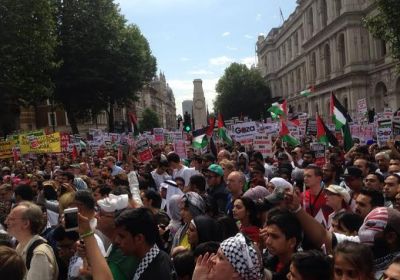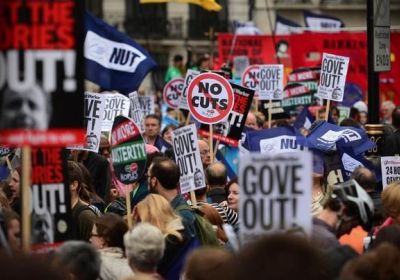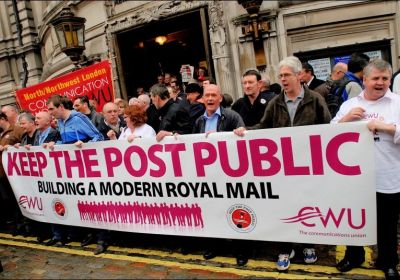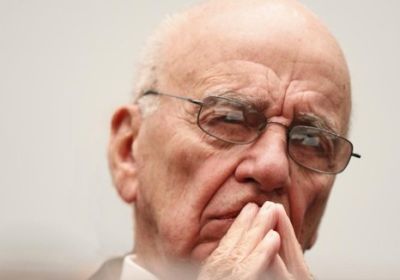
With tanks rolling through the outskirts of Gaza and the Israeli Defense Force organises new air strikes targeting hospitals and civilians playing football on the beach, almost 100 protests took place right across the world on July 19 and 20, calling for an end to the brutal occupation of Palestine and the bombing of Gaza.




